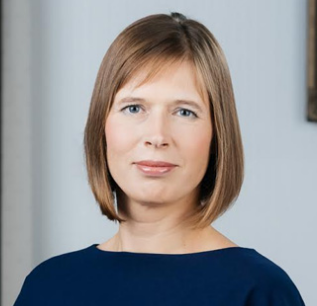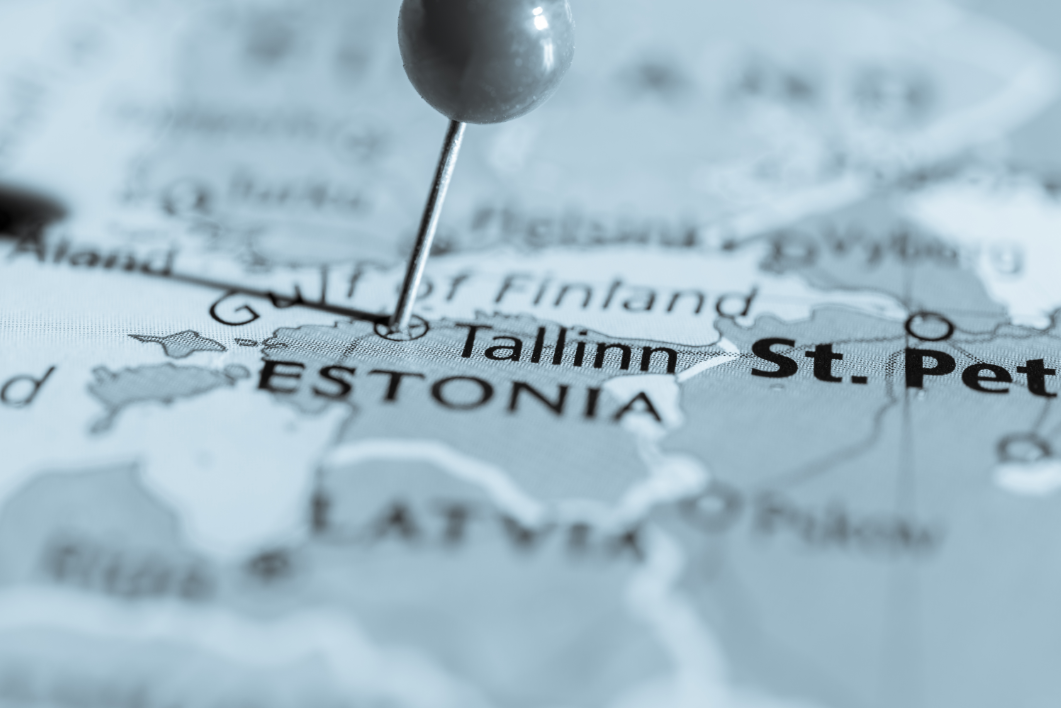
Practical information
Closed-door Seminar with Her Excellency Kersti KALJULAID, President of the Republic of Estonia.

Kersti Kaljulaid was elected President of the Republic of Estonia on October 3, 2016 after holding different positions within the European Court of Auditors from 2004 to 2016.
From 1994 to 1999, she worked in various Estonian companies: first, as the sales manager of telephone switchboards in Eesti Telefon, later in Hoiupank Markets and Hansapank Markets and as an Associate in investment banking.
From 1999 to 2002, Kersti Kaljulaid was Prime Minister Mart Laar's Economic Advisor. Her duties included organisation of cooperation of the Office of the Prime Minister with Estonian central bank, the Ministry of Finance and ministries that had larger budgets, as well as coordination of relations with the International Monetary Fund and other financial institutions (European Bank for Reconstruction and Development, Nordic Investment Bank and World Bank). She participated in preparing the pension reform together with the Minister of Finance and the Minister of Social Affairs and advised the Prime Minister in annual budget negotiations held with other ministers.
From 2002 to 2004, Kersti Kaljulaid was the CFO and CEO of the Iru Power Plant of state-owned energy company Eesti Energia.
By invitation only
Related Subjects
Other events

EV Supply Chains for Japan and Europe: Strengthening Economic Security
Economic security aims to ensure the resilience of supply chains for key industries: the case of electric vehicle production in Japan and Europe will be discussed.

From Ambition to Action: Exploring Technological Partnerships with India
The 16th EU-India Summit, held on January 27th in New Delhi with European leaders António Costa, Ursula von der Leyen, and Prime Minister Narendra Modi, marks a significant milestone in deepening EU-India relations. At the same time, official bilateral visits from EU member states are on the rise, including that of the French President, who visited India in February to participate in the Artificial Intelligence Summit. As India asserts its technological ambitions and seeks to reduce its dependence on China, Europe is stepping up its efforts to diversify its strategic partnerships.






